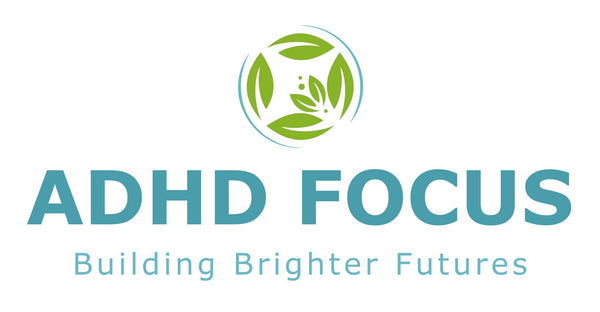
"I Have Detention Deficit Disorder"
Share
When I was still running my Clinical practice, an 8-year-old boy walked into my office and, when asked what his problem was, replied, "I have detention deficit disorder." While his pronunciation might have been a little off, his self-awareness was spot on. He, like many children today, was struggling with Attention-Deficit/Hyperactivity Disorder (ADHD).
According to the DSM-5-TR, ADHD is a neurodevelopmental disorder characterized by inattention, hyperactivity, and impulsivity. It can significantly impact a child's ability to focus, learn, and regulate their behavior. Most of the time, however, children with ADHD are treated as if they are naughty or refuse to listen!
Children with ADHD spend a significant amount of time in detention, in the Principal's office or some other form of punishment. They are also prescribed very high schedule drugs to control their behaviour and help them to concentrate. I wonder how many parents know that the prescription medication for ADHD is in the same category as morphine?
Actually, what most children diagnosed with ADHD are deficient in is not detention, punishment or drugs. They are deficient in understanding and proper, humane treatment for their condition. Very often, the way they are 'treated' actually makes things worse, affecting their self confidence and self perception, which then leads to acting out and other behavioural problems!
What would you think of a teacher that gave a blind child detention because they could not read the board? Is there any difference in punishing a child with ADHD because he cannot sit still or shouts out impulsively in the classroom. Don't get me wrong - I think teachers do an amazing job and the right teacher can make a world of difference to a child with ADHD.
In this crazy, fast and pressurised world we live in, it can be difficult to make time to give ADHD children what they need most - proper nutrition, limited screen time, help with remembering things, extra time with homework, daily exercise, a stable family set up and an assessment which highlights their skills and challenges. Each child is different and each has their own needs. In most cases, the cookie cutter approach of prescription medication that is supposed to perform miracles is not enough to address the needs of children that struggle with concentration and impulsive behaviour.
While conventional treatments like stimulant medications can be effective, many parents are exploring natural health treatments for ADHD to minimize potential side effects and support their child's overall well-being.
Understanding the Natural Approach
Natural treatments for ADHD focus on holistic strategies that address the root causes of the condition. These may include:
- Dietary Changes: Eliminating processed foods, artificial colors, and added sugars, while focusing on whole foods, can significantly improve ADHD symptoms.
- Nutritional Supplementation: Certain nutrients, like omega-3 fatty acids, zinc, and magnesium, play a crucial role in brain function and development. Supplementation can help address deficiencies and support optimal neurological health.
- Herbal and Homeopathic Remedies: There is evidence which suggests that certain herbal or homeopathic medicines can have calming and focusing effects, helping to reduce hyperactivity and improve attention. Click here for our science based herbal and homeopathic remedies for ADHD
- Lifestyle Modifications: Regular exercise, adequate sleep, and mindfulness practices can significantly improve focus, reduce impulsivity, and promote emotional regulation.
Benefits of Natural Treatments
- Reduced Side Effects: Natural treatments generally have fewer side effects compared to stimulant medications.
- Holistic Approach: They address the whole child, considering physical, emotional, and mental well-being.
- Long-Term Benefits: Natural approaches can support long-term health and well-being, beyond just managing ADHD symptoms.
Remember: Like anything else, natural treatments are not a quick fix. They require patience, consistency, and a commitment to supporting your child's overall health. However, for many families, the benefits of a natural approach far outweigh the challenges.
Do YOU need help with your child? Book a consultation for more personalised assistance.
